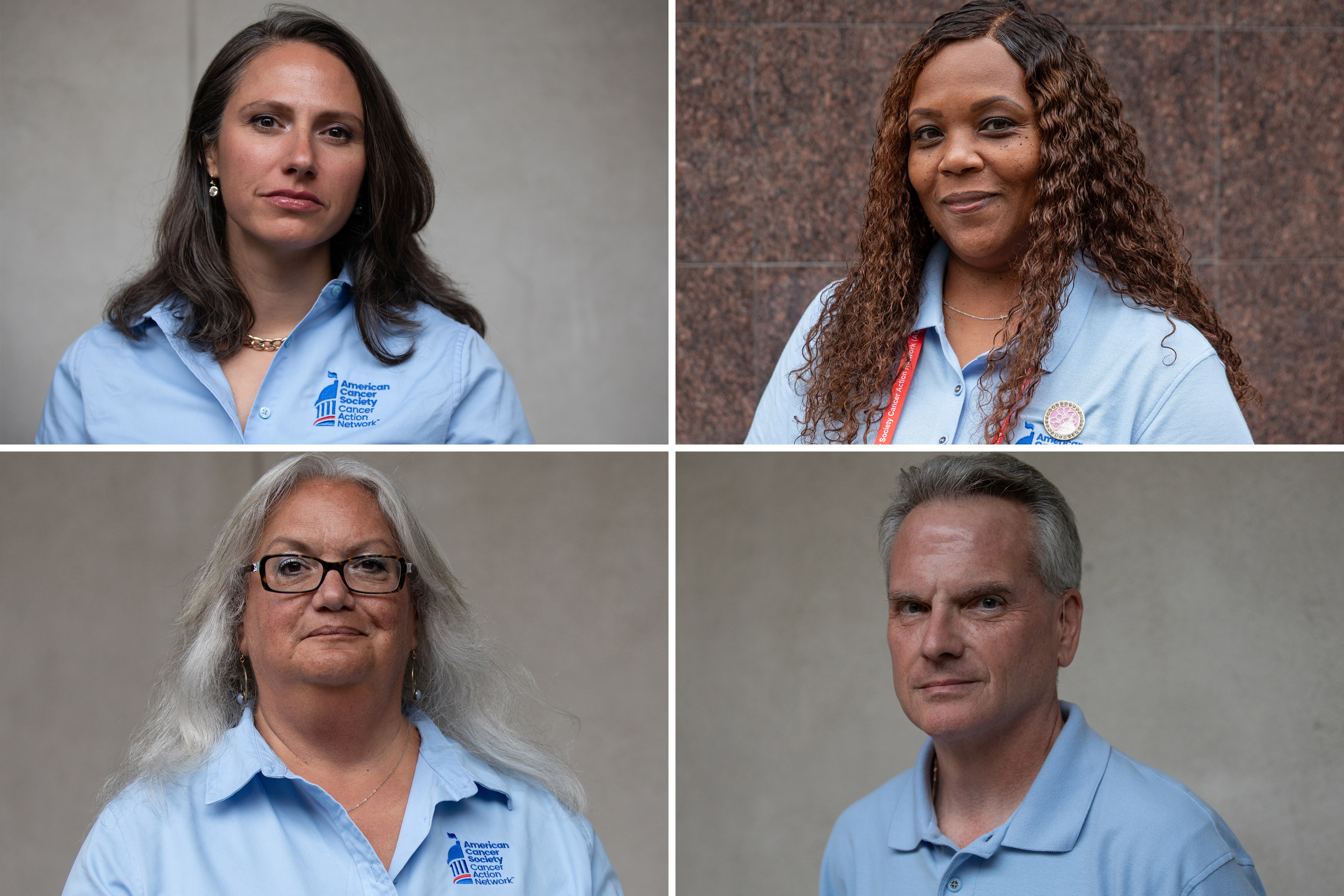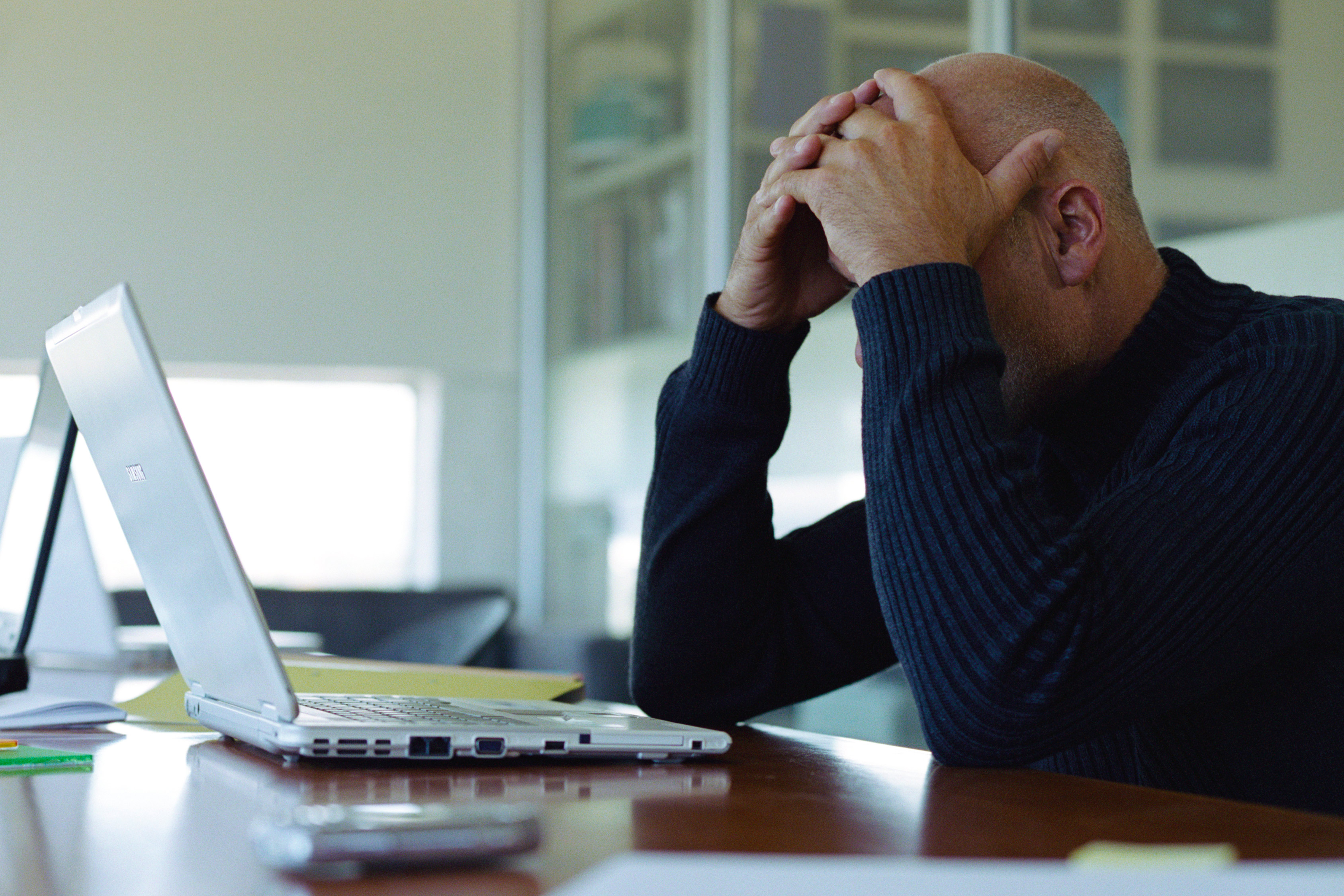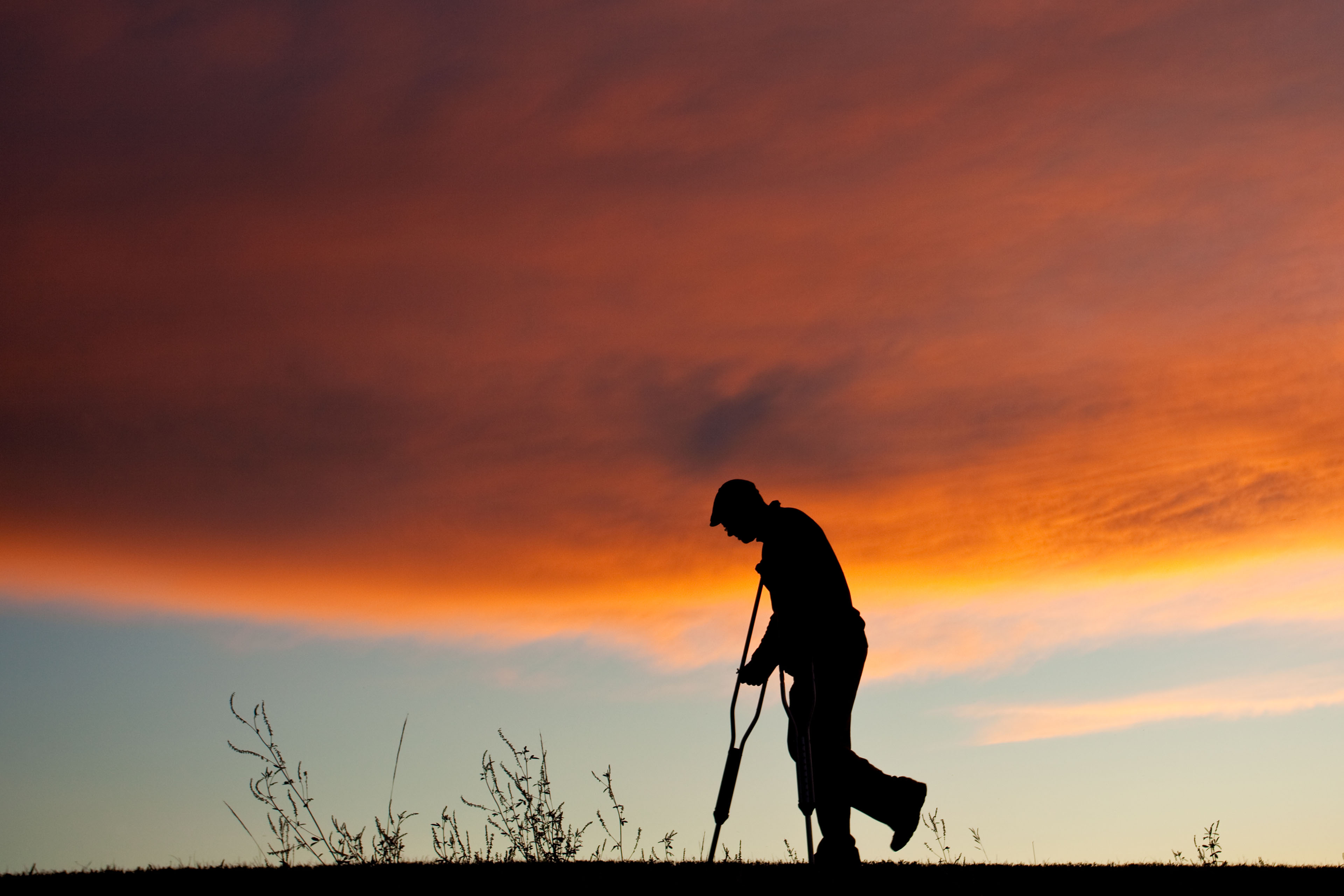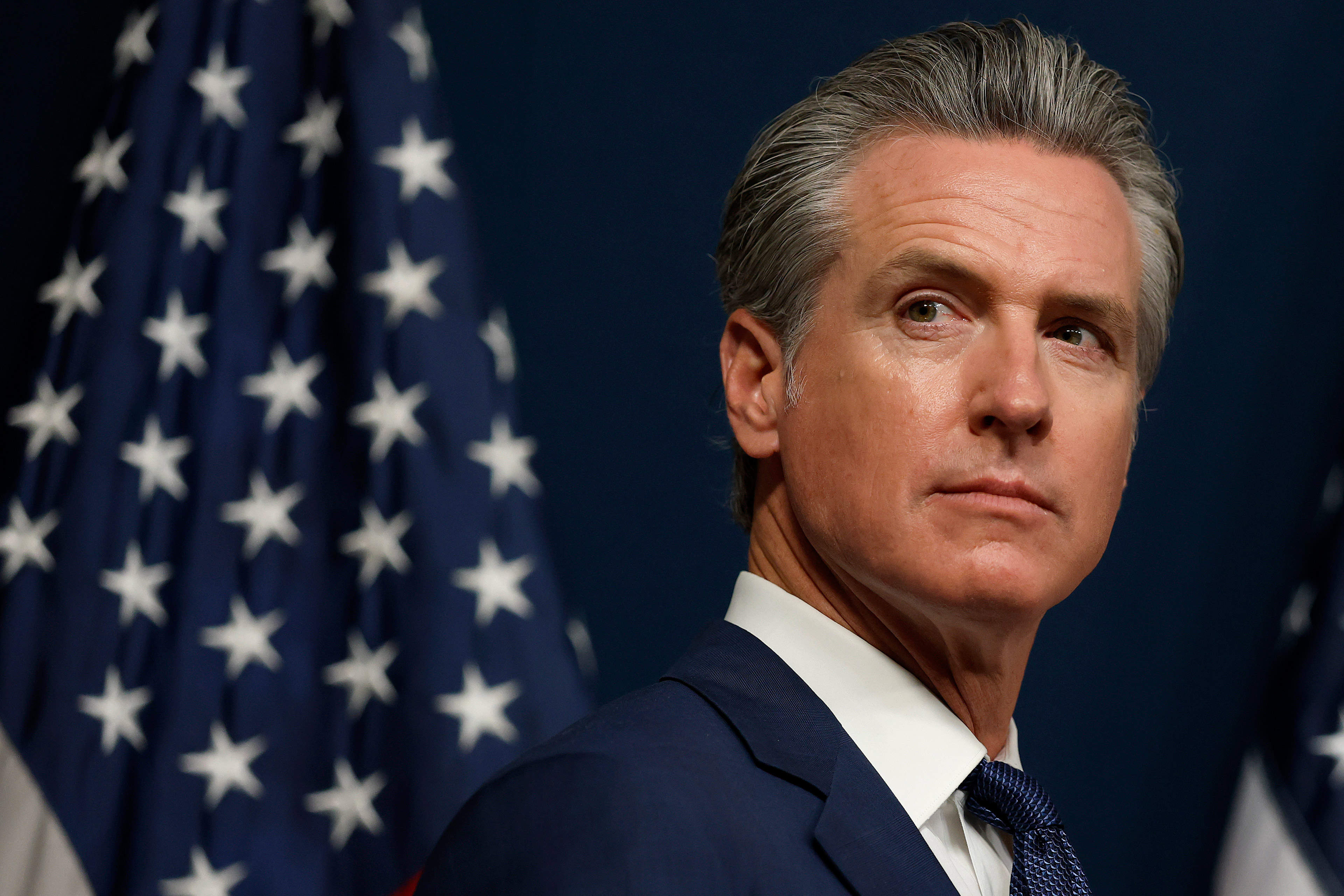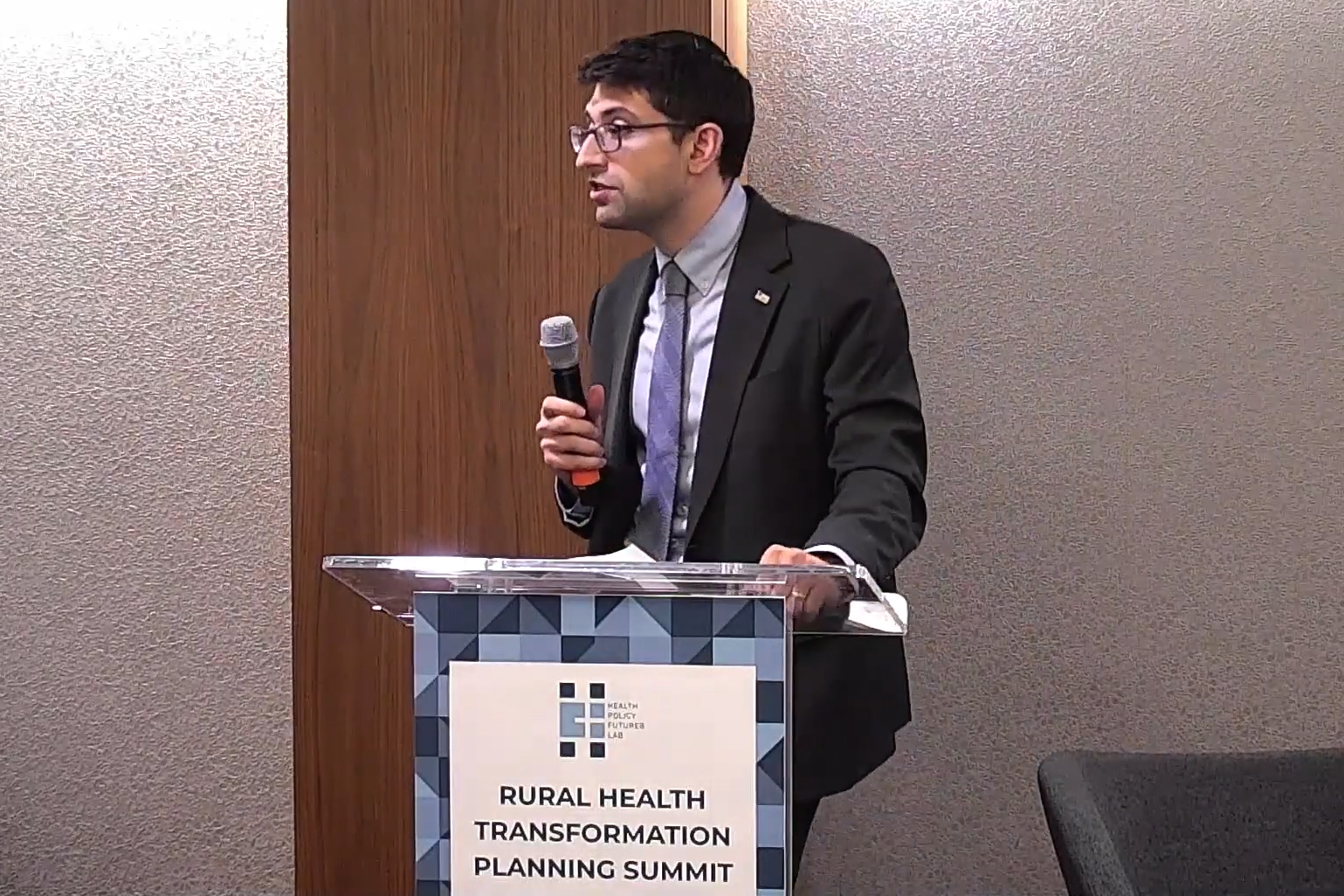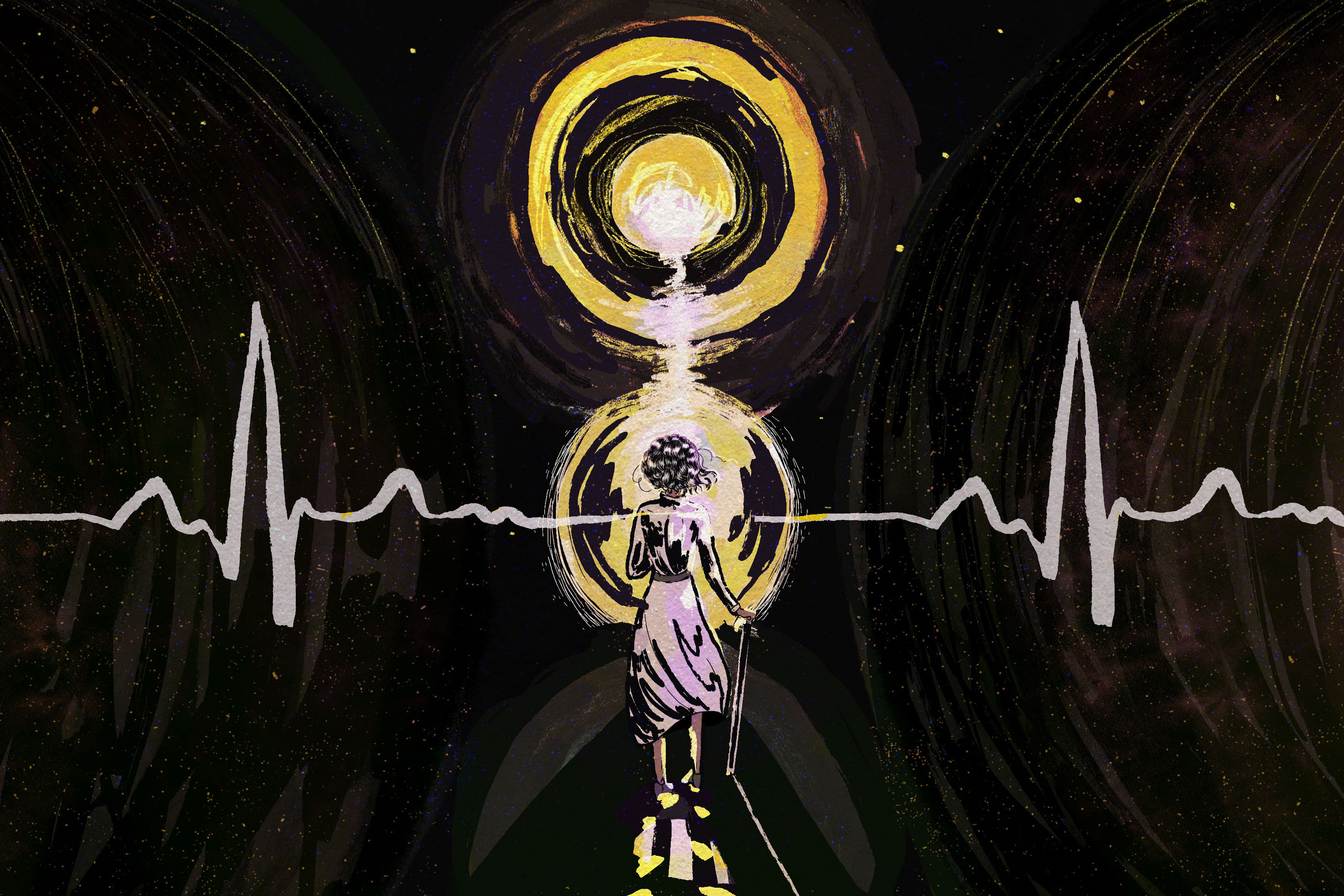Burnout can silently creep into our lives, affecting productivity and well-being. This article presents a collection of small yet powerful habits that have made a significant impact in combating burnout. Drawing from the experiences of experts in the field, these practical strategies offer a fresh perspective on managing stress and maintaining work-life balance.
- Shower Ritual Resets Mind
- Schedule White Space for Mental Clarity
- Enforce a Non-Negotiable Workday End
- Delay Phone Check for Morning Self-Care
- Garden Before Work to Reconnect
- Implement Evening Digital Cutoff
- Practice Deep Work with Time-Blocking
- Set Public Boundaries for Work-Life Balance
- Take Short Mindful Breaks Throughout Day
- Embrace Being Almost Perfect
- Schedule Tech-Free Pauses Every 90 Minutes
- Implement Medication Reconciliation Breaks Between Patients
- Silence Email Notifications Outside Work Hours
Shower Ritual Resets Mind
I’ve been through the startup grinder enough to know how sneaky burnout can be, especially when you’re “high functioning” through it.
One small habit I changed that made a shockingly big difference? I started treating my end-of-day shower like a nightclub exit.
Let me explain.
Most people shower to get clean. I started using it as a psychological off-switch. Every evening, I’d step into the shower and say (out loud, because why not): “We’re done. It’s over. The club’s closed.” Then I’d rinse off the day—literally and mentally. No planning for tomorrow, no replaying meetings, no imaginary arguments with Slack threads. Just water, silence, maybe some chill music, and a reminder that rest isn’t earned—it’s required.
This one small ritual broke the mental loop that kept work bleeding into every crevice of my evening. Over time, it retrained my brain to decelerate faster. I slept better. My creative output went up. I was less reactive. More decisive. All from reframing a routine I was already doing.
My advice? Anchor your burnout-fighting habit to something that’s already happening. Don’t add complexity. Just add intention. Whether it’s brushing your teeth, walking your dog, or tossing your phone across the room onto the couch (a move I also recommend), make that moment your hard line between “on” and “off.” Ritualize it. Even dramatize it. Your brain loves a good signal.
 Derek Pankaew
Derek Pankaew
CEO & Founder, Listening.com
Schedule White Space for Mental Clarity
The habit that helped me combat burnout wasn’t a new app or supplement; it was blocking 90-minute chunks of “white space” into my calendar every week. No meetings. No screens. No inputs. Just space to think, walk, or stare at a tree.
At first, I felt guilty; founder’s guilt is real. But within two weeks, I was less reactive, more strategic, and far more clear-headed. It turns out that what I needed wasn’t more productivity hacks; it was time to integrate all the noise.
The science backs it up: your brain’s Default Mode Network, responsible for creativity and emotional regulation, only activates during unstructured downtime. Burnout isn’t just too much work; it’s too little space to process it.
My advice?
– Label it with intention (“Strategic Reset: Do Not Book” works wonders)
– Protect it like a board meeting—non-negotiable
– Start with one block a week and notice what ideas resurface when you finally stop chasing
Pro tip: I place mine right after intense work blocks.
Because honestly? You can’t run 73 browser tabs and expect clarity. Sometimes the most productive thing you can do… is pause.
 Murray Seaton
Murray Seaton
Founder and CEO / Health & Fitness Entrepreneur, Hypervibe (Vibration Plates)
Enforce a Non-Negotiable Workday End
One small but transformative habit I adopted to combat burnout was creating a hard stop to my workday—then protecting it as I would a client meeting. No exceptions. I chose a time, put it in my calendar, and treated it as non-negotiable. What started as a small boundary became a lifeline.
At first, I thought the key to beating burnout was doing less. But it’s not just about the hours—it’s about closure. Without a clear end, the brain stays in limbo. You might walk away from the laptop, but mentally, you’re still tethered. That’s what was draining me.
Once I implemented a true stop time, my evenings started to feel like mine again. I became more present, slept better, and—ironically—felt more productive the next day. It shifted my focus from hustle to rhythm.
My advice? Don’t wait for a burnout crash to build boundaries. Start small. Pick a finish line that works for your life—not someone else’s schedule—and commit to it. If your mind resists, remind yourself that rest isn’t a reward for finishing everything. It’s fuel for showing up fully tomorrow.
The science of burnout is real, but so is the art of prevention. And often, the fix isn’t massive—it’s one intentional habit, repeated consistently, that gives you back your time—and self.
 John Mac
John Mac
Serial Entrepreneur, UNIBATT
Delay Phone Check for Morning Self-Care
One small habit I’ve been working to change is resisting the urge to check my phone first thing in the morning. As a business owner, it’s easy to feel like I need to be “on” all the time. Seeing missed calls, texts, and emails the moment I wake up used to trigger anxiety and send me into work mode before I even had a chance to care for myself. But I noticed a pattern: when I skipped my morning routine—prayer, coffee before noon, meal prep, and movement—I felt scattered, stressed, and burned out by midday.
Now, I give myself time to fully wake up and ground myself before engaging with the outside world. It’s not always perfect, and I still slip up, but when I stick to it, I’m calmer, more focused, and far more productive throughout the day.
My advice? Start small. Set a boundary around your phone—maybe just 30 minutes of no screen time after waking. Use that window to do something that centers you: stretch, pray, eat, breathe. It doesn’t have to be elaborate. Just start with intention. That small change can completely shift the tone of your day—and your well-being.
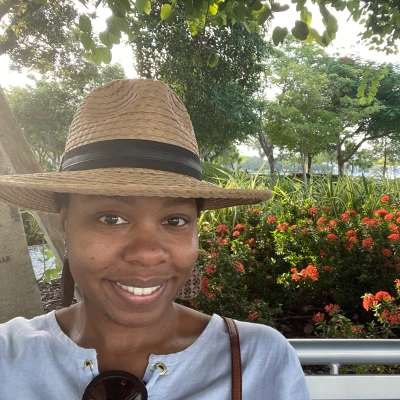 Geneva Bell
Geneva Bell
Owner, You Just Pack
Garden Before Work to Reconnect
One small but powerful habit I changed to combat burnout was taking 20 minutes every morning to work quietly in my own garden before I head off to clients’ jobs. It might sound simple, but after 15 years in the industry, I’ve learned that giving myself space to reconnect with why I got into gardening in the first place makes all the difference. My mornings used to be a rush out the door, straight into problem-solving mode for everyone else’s gardens. But stepping outside, even just to prune a rose or inspect how the soil’s holding moisture, gives me a sense of calm and clarity. It reminds me that this work is about more than just ticking boxes. It’s about engaging all the senses, noticing small changes, and being present with the plants. That quiet start resets my mindset and gives me a clear head for the day ahead.
Because I’ve studied horticulture and worked across hundreds of different properties, I know how quickly physical fatigue and mental load can pile up if you’re not careful. This habit helps me manage both. My advice to anyone in a high-output or physical job is to create a space where you can do your work just for the joy of it, not for the outcome. You don’t need a huge garden. Even a few pots on a balcony can become your sanctuary. Give yourself permission to do nothing “productive” in that time and instead let your senses do the work. That’s where the energy comes from.
 Andrew Osborne
Andrew Osborne
Owner, Ozzie Mowing & Gardening
Implement Evening Digital Cutoff
I stopped checking my phone after 9 p.m.—and it changed everything about how I show up for my team and my clients.
When you are running a private driver business in a city as frenetic and dynamic as Mexico City, you are “on” all the time. I found myself in a period where I was responding to late-night bookings, addressing last-minute driver issues, and troubleshooting routes into midnight. I thought I was being efficient, but then I hit a wall. My sleep was suffering, my patience was wearing thin, and I started to cringe at every WhatsApp notification I received.
There was a moment when I knew I had hit rock bottom; it was after we missed a sunrise pickup for a couple on their honeymoon who were coming to Mexico City from Paris. I had triple-confirmed everything but fell asleep without double-checking one change they sent at 11:30 p.m. That was the moment I realized that I was not in control of being “always-on” — I was burning out.
So, I made a rule: after 9 p.m., my phone goes into airplane mode unless I have discussed and planned for an emergency that I am aware of. I set up automated messages for inquiries made after a specific time, and I taught my team to look at Slack for updates, along with clear ways to escalate questions or issues.
What are the results? I have returned to sleeping at least 7+ hours consistently, my decision-making in the mornings is sharper, and we have had zero major mistakes on handovers in the last 6 months.
If you are building out a service-based business and feel like your body is in always-on mode and you are stuck in that cycle, try implementing a nightly digital cut-off. Just start with 30 minutes earlier each night – I know it feels uncomfortable at first. But burnout thrives on the delusion of being necessary and helpful 24/7. You need to give yourself permission to step away — and recharge so you can see your performance, clarity, and well-being reset.
 Martin Weidemann
Martin Weidemann
Owner, Mexico-City-Private-Driver.com
Practice Deep Work with Time-Blocking
The one small habit I changed that had a tremendous impact on combating burnout was implementing strict time-blocking with an emphasis on deep work. In the fast-paced 3PL industry, where we’re constantly juggling client needs, provider relationships, and operational challenges, it’s easy to get pulled in a thousand directions.
I now schedule uninterrupted blocks of time—typically 90 minutes—where I focus exclusively on high-leverage activities. During these periods, I turn off all notifications: no phone, no email, no Slack messages. It’s amazing how much clarity this creates.
What’s been particularly effective is pairing this with what I call the “reverse two-minute rule.” If something can be handled in under two minutes, I take care of it immediately rather than letting small tasks accumulate and create mental clutter. This combination has been transformative.
The impact has been profound. Beyond just getting more done, I’ve reclaimed mental bandwidth for strategic thinking—essential when you’re navigating the complexities of matching eCommerce businesses with the right fulfillment partners. I’m making better decisions, feeling more energized, and ironically, accomplishing more while working less frantically.
My advice? Start small. Block just 60 minutes tomorrow where you’ll work on one important task with zero distractions. Turn everything off—seriously, everything. You’ll be shocked at what you accomplish. Then gradually expand these periods. This isn’t about working more hours; it’s about working with more intention during the hours you have. In logistics, we’re all about optimization—apply that same thinking to your attention, and you’ll see the difference.
 Joe Spisak
Joe Spisak
CEO, Fulfill.com
Set Public Boundaries for Work-Life Balance
One small but powerful habit I changed was enforcing a hard stop to digital communication after 7 PM: no Slack, no email, no exceptions. At first, it felt counterproductive as a founder, but the long-term payoff was undeniable. It reintroduced mental separation between work and life, improved my sleep quality, and made me far more focused during actual working hours. More importantly, it set a tone for my team that burnout isn’t a badge of honor—sustainability is.
My advice: set boundaries publicly and stick to them. If you’re in a leadership role, your habits trickle down. When people see you honoring your limits, it gives them permission to do the same. Burnout often creeps in quietly, disguised as dedication. But without containment, even passion becomes a liability.
 Alejandro Meyerhans
Alejandro Meyerhans
CEO, Get Me Links
Take Short Mindful Breaks Throughout Day
I started taking short, mindful breaks during my workday, such as stepping away from my desk for a five-minute walk or sitting quietly with a cup of tea. Before I knew it, these breaks became crucial in helping me reset my mind and reduce feelings of being overwhelmed. Initially, I thought taking these breaks would cut into my productivity, but it actually did the opposite. I found myself more focused and energized after each pause, able to tackle tasks with a clearer head.
Incorporating this change is straightforward. You could set a timer every couple of hours to remind yourself to take a break – and really stick to it, no excuses! It’s easy to brush off these pauses, especially when you’re swamped, but making them non-negotiable transforms how you manage stress and workload. Trust me, incorporating this simple habit into your routine could be a game-changer, helping you stay fresh and much less burnt out by the end of the day.
 Alex Cornici
Alex Cornici
Marketing & PR Coordinator, Magic Hour AI
Embrace Being Almost Perfect
So in addition to working on a major e-commerce site, JLuxury, I also run Jewish services for Chabad at Georgetown and the Pentagon. I think you can understand that burnout is a real issue!
One habit that I developed to help me cope with burnout was to accept being ‘almost perfect’. I realize that deep down I really wanted to solve all my followers’ challenges, run a successful business, and not make any mistakes. This resulted in me feeling tons of internal pressure with every interaction. But being ‘almost perfect’ gives me space to loosen up, have some fun, and creatively look for solutions.
Being someone that always wants perfection, I had to forcefully make mistakes at first. Once I gave myself the chance to emotionally feel the mistakes, and embrace and enjoy them, that really got me into a rhythm of being ‘almost perfect.’
Definitely, for anyone trying out this method, I would suggest doing the same thing: make mistakes on purpose, and then embrace and enjoy the outcome.
 Menachem Shemtov
Menachem Shemtov
Owner, Director, Rabbi, Jluxury
Schedule Tech-Free Pauses Every 90 Minutes
The small habit that shifted my burnout battle was scheduling intentional breaks—not just when I felt exhausted.
Instead of powering through, I blocked short, tech-free pauses every 90 minutes to reset focus and breathe. That small change improved my energy, reduced overwhelm, and made deep work more sustainable. The key advice? Treat breaks like meetings—they’re non-negotiable parts of your day, not optional extras.
I’m David Quintero, CEO of NewswireJet. Building this habit helped me lead with more clarity and creativity—proof that small, consistent changes beat occasional big fixes every time.
 David Quintero
David Quintero
CEO and Founder, NewswireJet
Implement Medication Reconciliation Breaks Between Patients
One small habit that transformed my well-being was implementing 15-minute medication reconciliation breaks between patient visits—instead of rushing through dispensing tasks, I started using these moments to ensure accuracy while mentally resetting. This simple pause reduced my stress dramatically because I knew every patient was receiving the right medication with proper counseling. In healthcare settings, burnout often stems from feeling disconnected from patient outcomes, but when you see firsthand how point-of-care dispensing improves adherence and reduces pharmacy trips, it reignites your purpose. Provider dispensing increases adherence by offering prepackaged medications right from your clinic!
My advice: build micro-moments of mindfulness into your dispensing workflow—whether it’s taking three deep breaths while labeling medications or celebrating each successful patient education interaction. These small habits compound into significant wellness improvements while maintaining the precision our patients deserve. That’s how point-of-care medication elevates care.
 Ydette Florendo
Ydette Florendo
Marketing Coordinator, A-S Medical Solutions
Silence Email Notifications Outside Work Hours
I started putting my email notifications on silent outside of work hours. Even when I wasn’t responding to them, seeing emails constantly pop up on my phone when I was at home or out and about would make my brain instantly start thinking about work again. I knew I needed better separation. So, I tried silencing my email notifications and setting a firmer boundary there, and it helped.
 Mike Fretto
Mike Fretto
Creative Director, Neighbor


